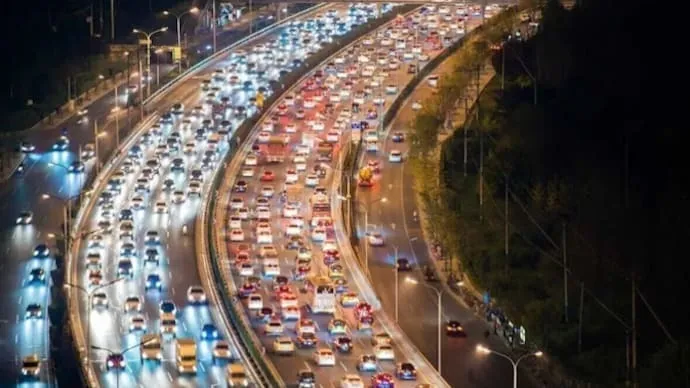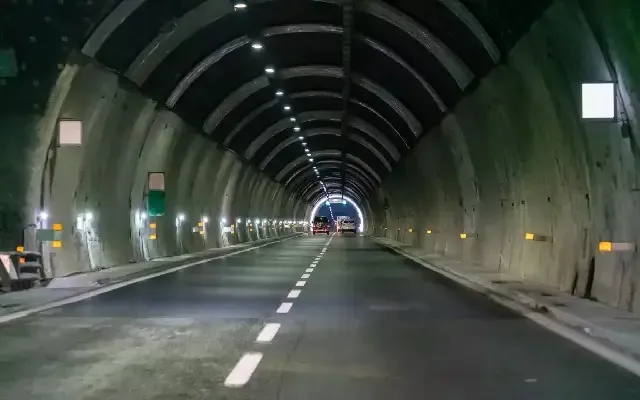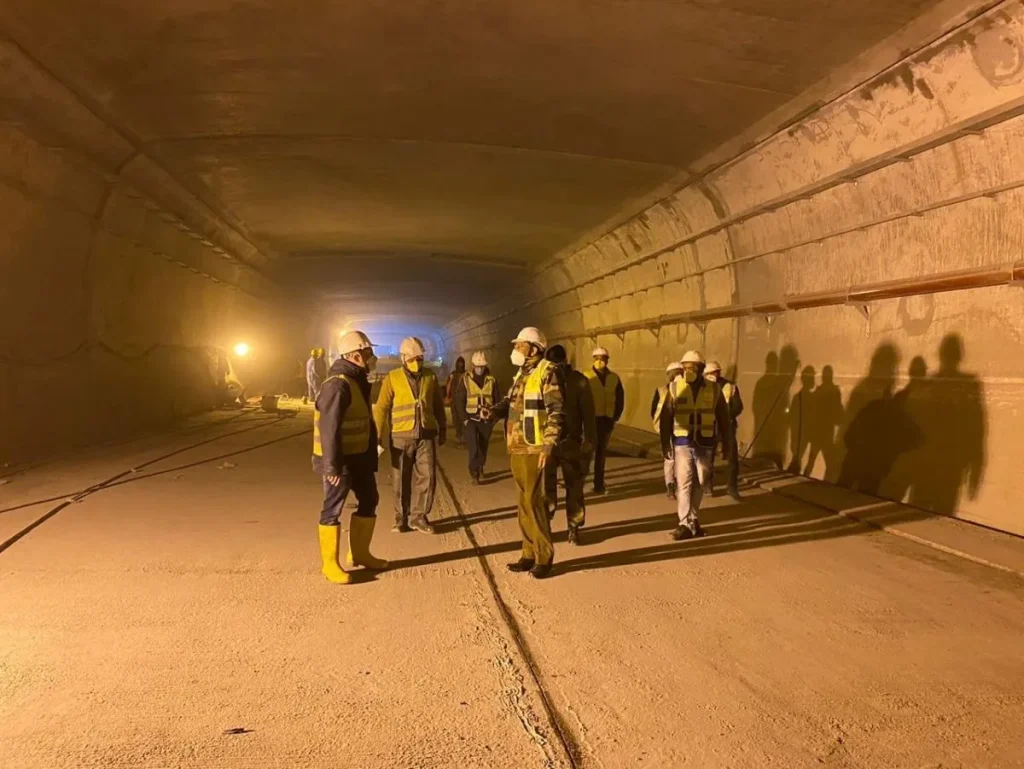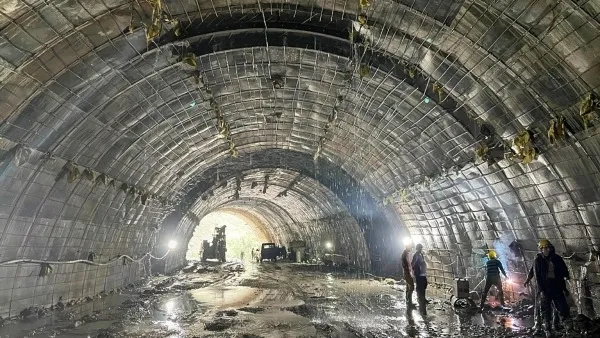Bengaluru, often hailed as India’s Silicon Valley, has long been plagued by severe traffic congestion, exacerbated during monsoons and festive seasons. Recognizing the urgent need for a solution, the Bruhat Bengaluru Mahanagara Palike (BBMP) has embarked on an ambitious project—a sprawling 18-kilometre-long underground tunnel road aimed at alleviating the city’s traffic woes.

Addressing Bengaluru’s Traffic Nightmare
For residents and commuters of Bengaluru, traffic jams have become a daily ordeal due to inadequate infrastructure and public transport systems. The situation is particularly dire during peak hours and festive seasons, when roads overflow with vehicles, leading to frustrating delays and inefficiencies.

The Bengaluru Underground Tunnel: Key Details
Costing an estimated Rs 8,100 crore, or approximately Rs 450 crore per kilometre, the underground tunnel project is slated for completion by January 1, 2025, according to BBMP officials. Spanning from the Esteem Mall in Hebbal in the north to the Central Silk Board junction in the south, this tunnel promises to revolutionise commuting across the city..

Routes and Connectivity
The primary stretch of the underground tunnel will connect two pivotal points in Bengaluru—Hebbal and Central Silk Board—known for their heavy traffic congestion. Additionally, the BBMP has strategically planned five entry and exit points at key locations like Lalbagh, Bangalore Golf Club, and Palace Grounds, among others. These access points aim to provide seamless connectivity and efficient travel routes for the city’s residents.
Enhancing Commuter Experience
Currently, travelling between Hebbal and Central Silk Board can take over an hour during peak traffic conditions. However, once operational, the new tunnel is expected to significantly reduce travel time to a mere 20-25 minutes, marking a substantial improvement in commuter experience and overall city mobility.

Operational Details and User Benefits
The underground tunnel will feature a height clearance of 10 metres, accommodating vehicles with a speed limit ranging from 40 kmph to 60 kmph. While the BBMP plans to introduce a user fee for maintenance purposes, the exact amount has yet to be finalised. This initiative underscores the city’s commitment to sustainable urban development and enhancing infrastructure to meet the growing demands of its populace.
The Bengaluru underground tunnel project represents a forward-thinking approach to tackle the city’s persistent traffic challenges. By leveraging advanced infrastructure solutions, Bengaluru aims not only to ease congestion but also to enhance connectivity and facilitate smoother, more efficient urban mobility. As the project progresses towards completion, it holds the promise of transforming Bengaluru’s transportation landscape, offering residents and visitors alike a more convenient and enjoyable commuting experience.
